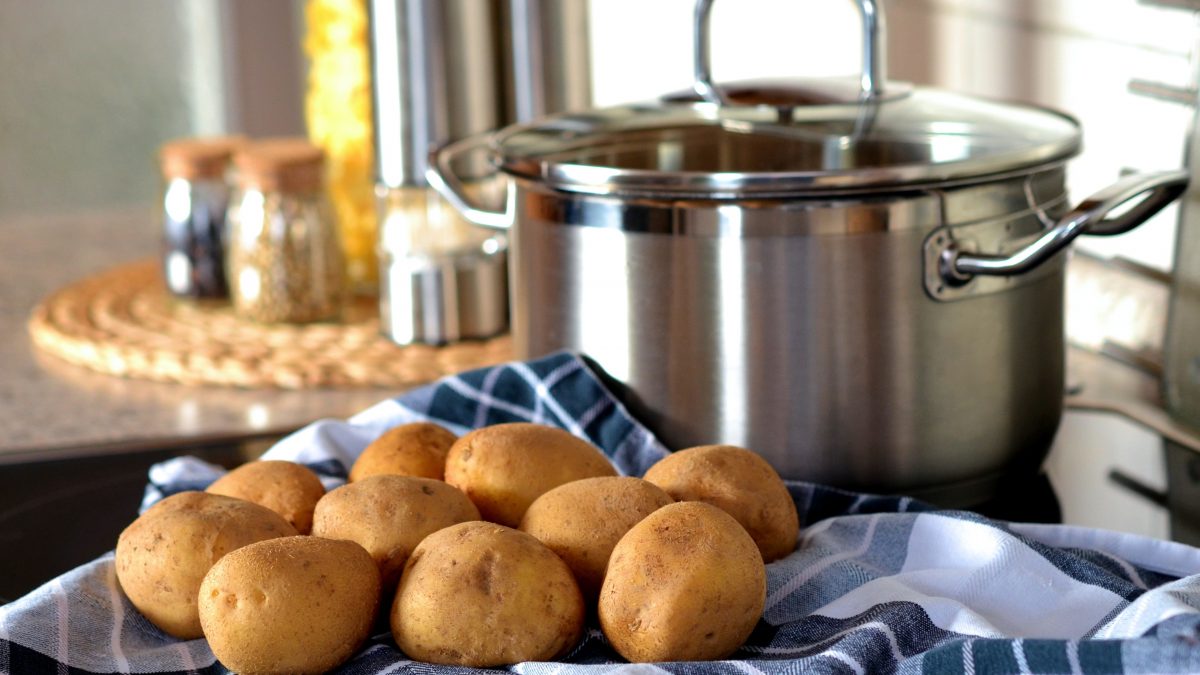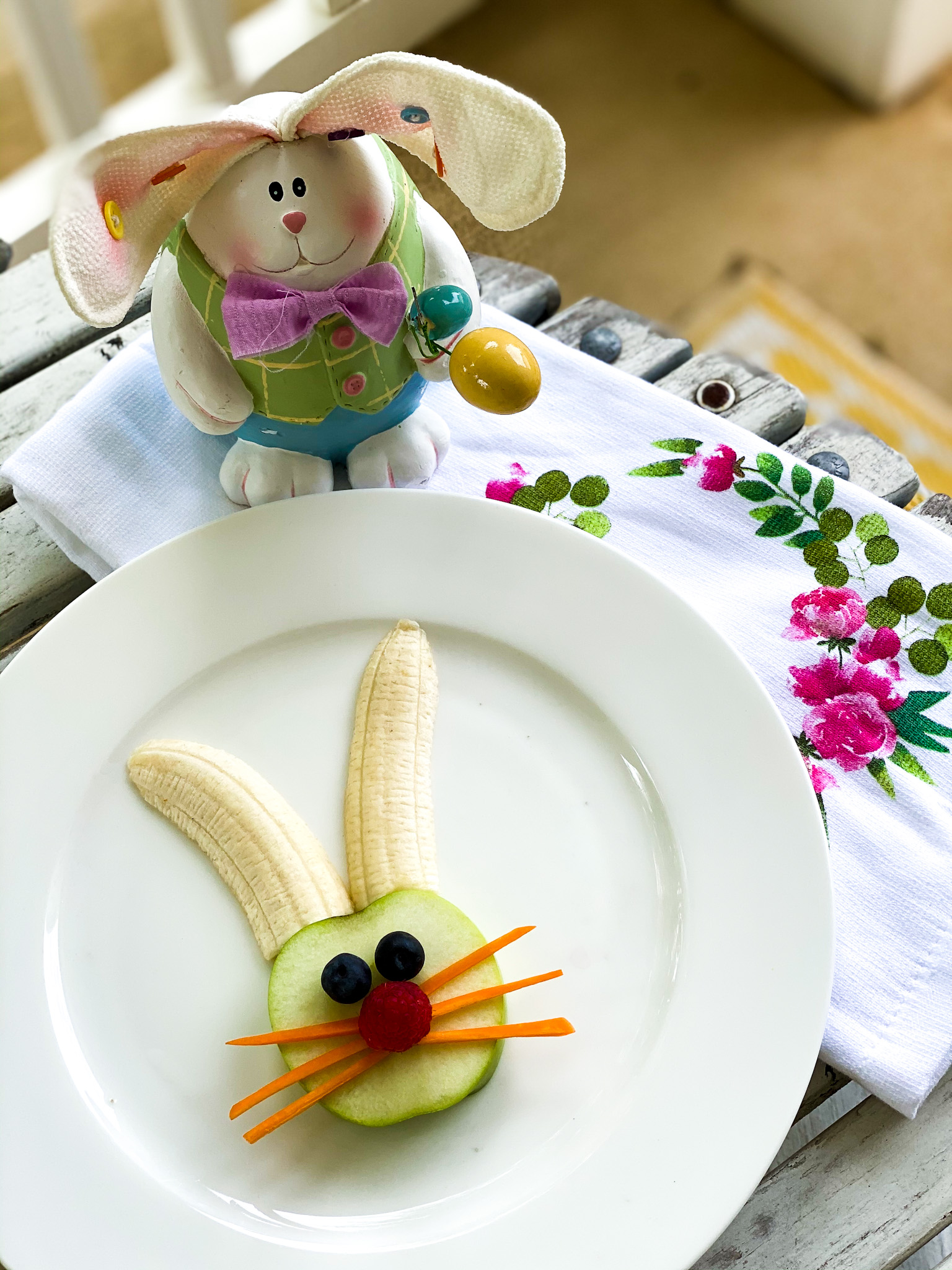
Easter Menu
April 6, 2020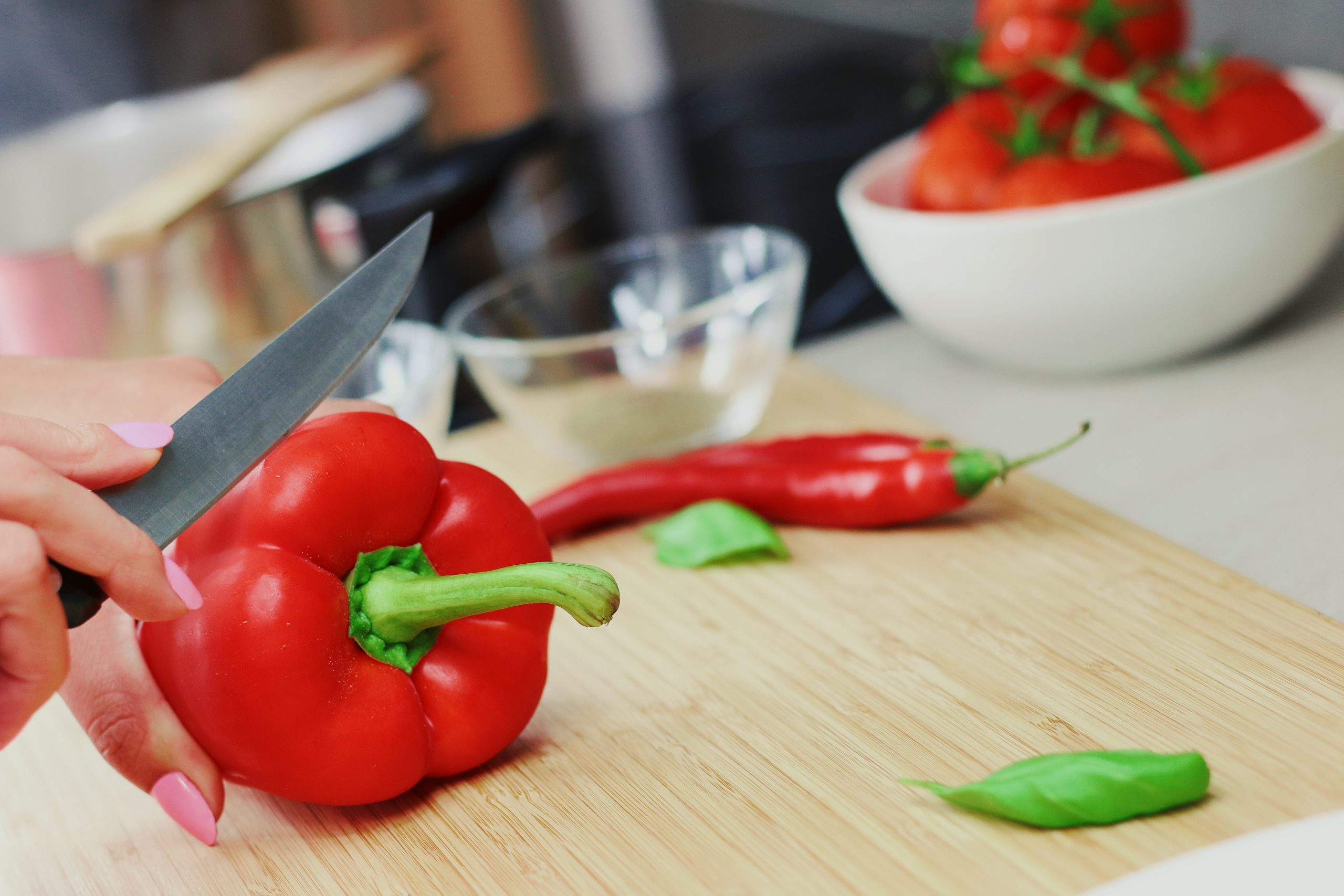
Stuffed Bell Pepper
April 20, 2020
1.Read the whole recipe. Twice. It’s tempting to skim the recipe when we are all so busy, but for some recipes this can be disastrous. A few times I’ve missed a resting or cooking time, and the meal took an hour longer than I was expecting. With three hungry kids, an hour past dinner time is equal to your CEO screaming at you for missing a deadline for an hour!
2. Prep the ingredients before you start cooking. As tempting as it is to just get started, it’s important to take the time to chop your ingredients before you start cooking. Otherwise your timing gets off and before you know it something is burning.
3. Invest in good knives. Using good knives makes a huge difference. You’re very likely to cut your finger using a dull knife. Make an investment in a good knife set or at the minimum a good chef knife. This is a good chef knife for beginners because it includes a knife guard*. If you need a new set try this one.*

4. Learn to dice an onion. Diced onion is a staple in cooking. Learning how to cut one the right way will save you lots of time and give you some much needed confidence when you are just starting out! Check out this video. https://www.youtube.com/watch?v=dCGS067s0zo
5. Use correct measuring cups. There are measuring cups for liquids and measuring cups for solids. Make sure you are using the correct ones for the correct job.
6. Follow the recipe the first time. Then adapt it to your liking the next time you make it. One exception – ingredients you really don’t like. If you don’t like olives, you probably still won’t like them in the recipe so go ahead and leave them out. There are some exceptions to this, but it’s a pretty good place to start.
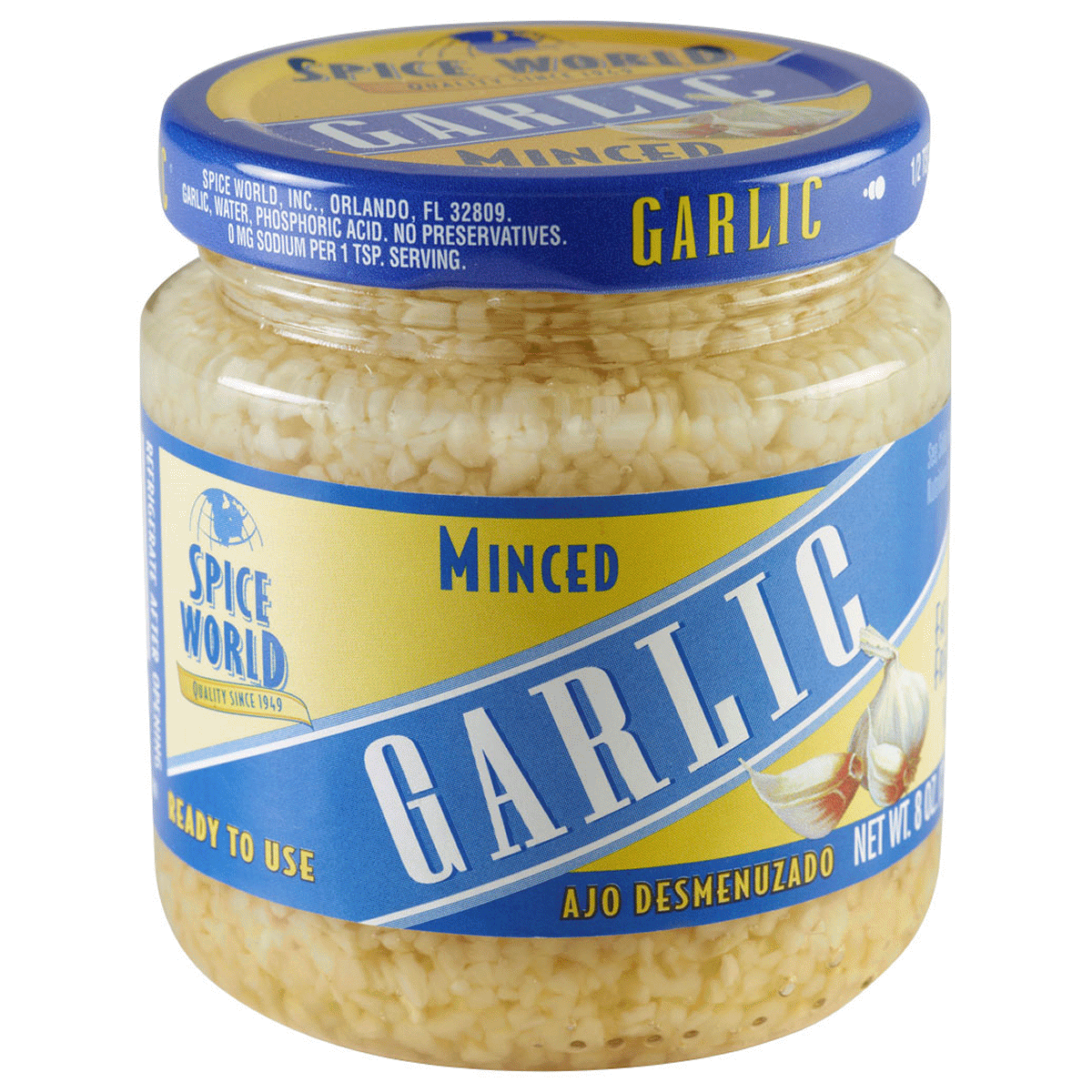
7. Take shortcuts to save time. When you are a beginner cook everything takes longer. Do yourself a favor and take shortcuts where you can. Buy garlic and ginger already minced. Buy frozen sweet potatoes and butternut squash already cut.
8. Use a meat thermometer. This will allow you to cook your meat to a safe temperature without burning it. Here is a guide for what temperature you should cook meat. If you don’t already have a meat thermometer, here is one I use.*
9. Cutting Boards. To prevent your cutting board from slipping, put a wet paper towel under it. Or try this one with non-slip corners.*
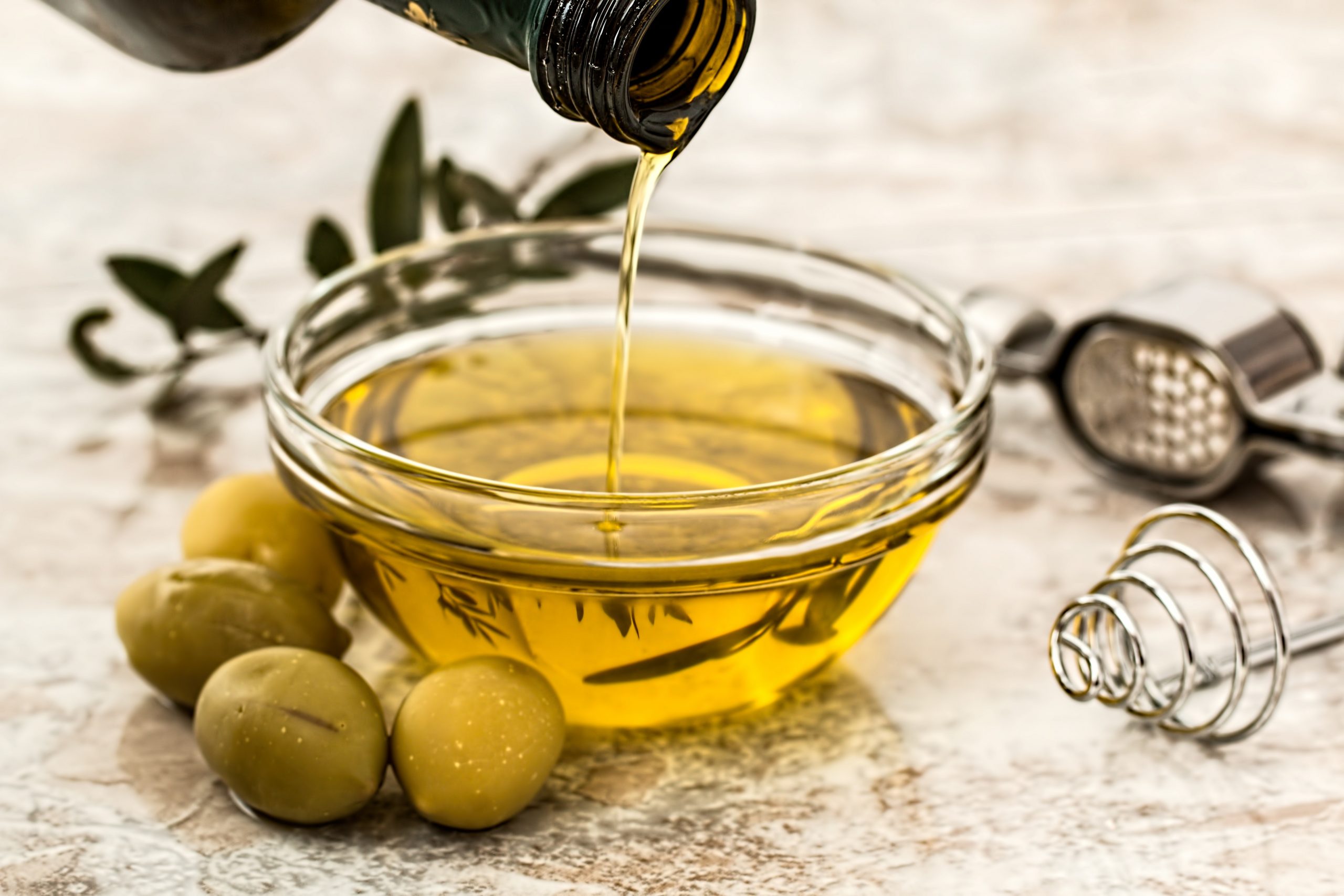
10. Use the correct fat. Olive oil and butter will burn in a pot on high heat. Use medium heat. If you need high heat use vegetable oil.
11. Food Scale. If you bake, buy a scale. Baking, unlike cooking, has to be exact. It will save you time by measuring flour and sugar in grams instead of cups. It’s also helpful for the recipes that provide measurements in ounces. Try this one.*

12. Failures happen. You learn from them. It makes you a better cook. Embrace it and move on. Don’t give up.
13. Clean as you go. This is my favorite tip. It was a game changer in my cooking. It takes a smidgen longer to put stuff away as I go, but when I’m finished cooking the kitchen is remarkably clean. It’s really nice to not have a huge mess to clean up after you cook.
14. Print out recipes. This will help keep your devices clean and prevent you from having to keep pulling up the recipe from your device keep sleeping.

15. Always taste test. This will allow you to make a few adjustments as you go and prevent you from serving something that you don’t like.
*Many of these links are affiliate links, which means I may get a commission if you purchase. Thanks for supporting me!

